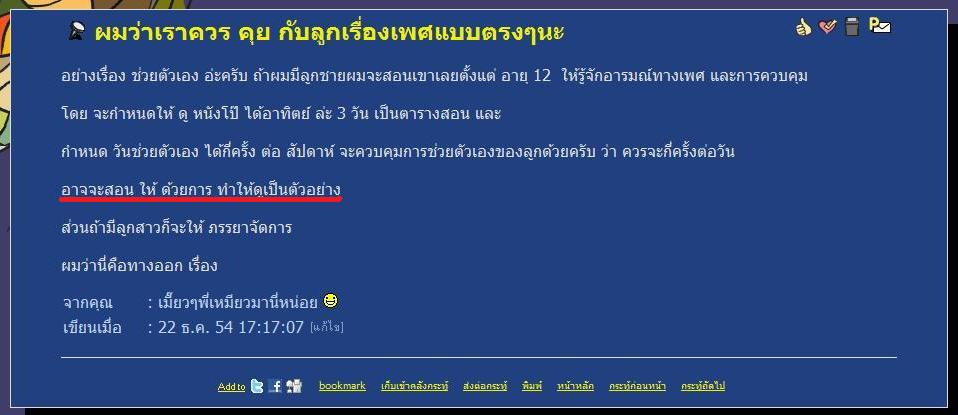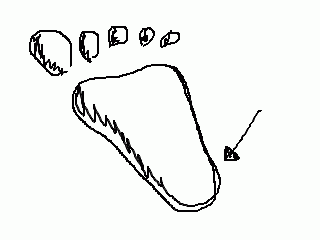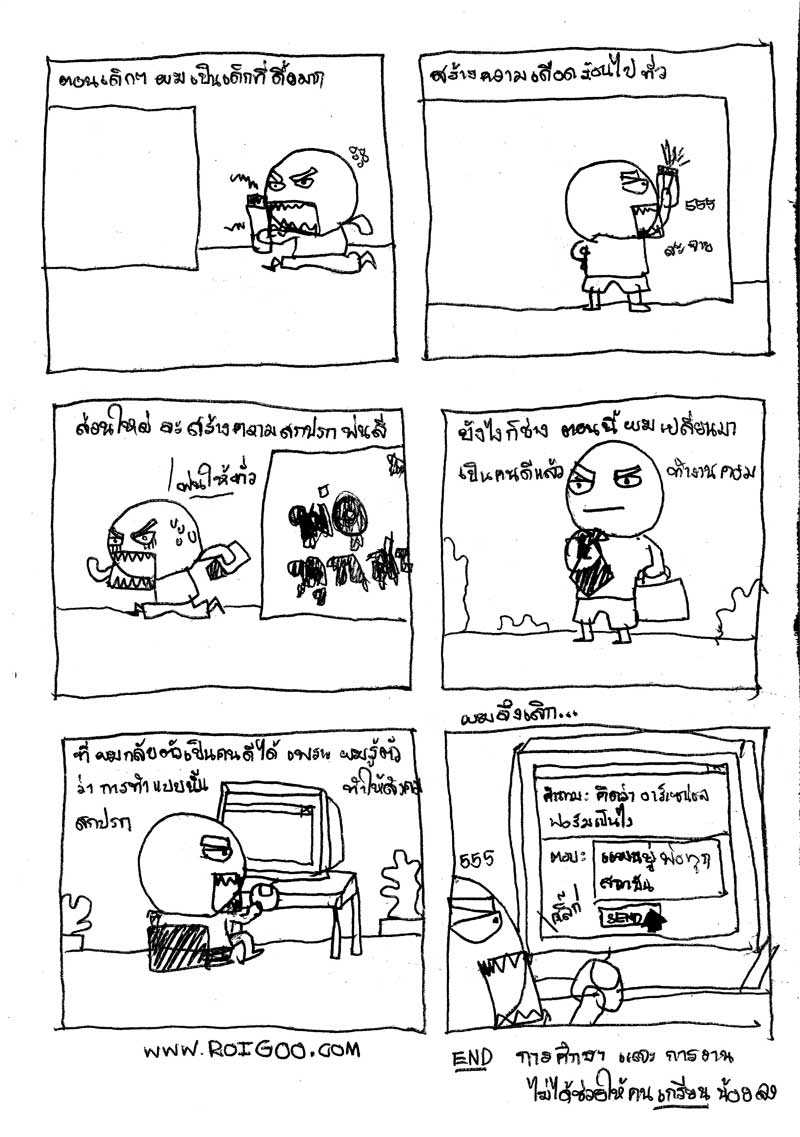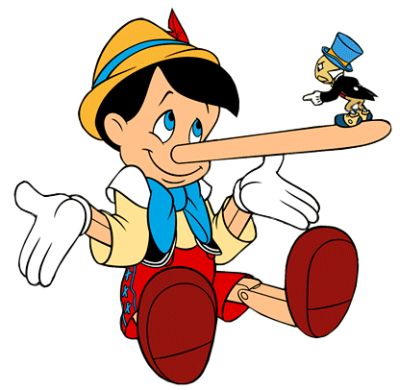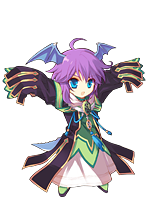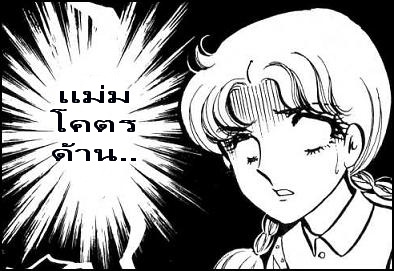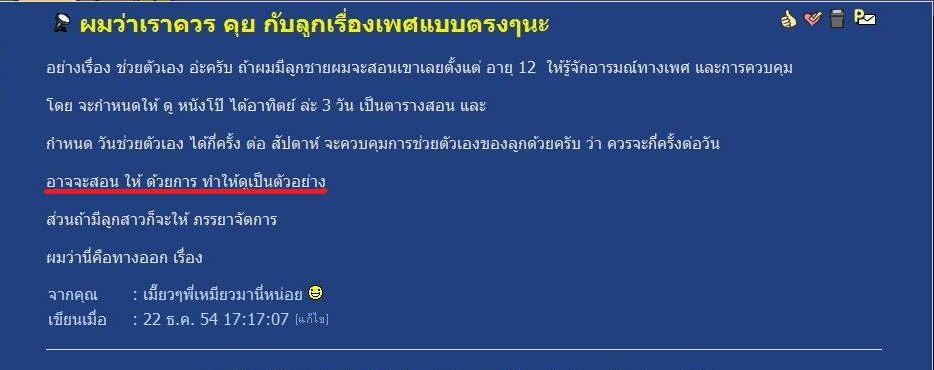 |
Delusional disorder is an illness characterized by the presence of nonbizarre delusions in the absence of other mood or psychotic symptoms, according to the Diagnostic Manual of Mental Disorders, Fourth Edition, Text Revision (DSM-IV-TR).[1] It defines delusions as false beliefs based on incorrect inference about external reality that persist despite the evidence to the contrary and these beliefs are not ordinarily accepted by other members of the person's culture or subculture. Nonbizarre refers to the fact that this type of delusion is about situations that could occur in real life, such as being followed, being loved, having an infection, and being deceived by one's spouse. Delusional disorder is on a spectrum between more severe psychosis and overvalued ideas. Bizarre delusions represent the manifestations of more severe types of psychotic illnesses (eg, schizophrenia) and "are clearly implausible, not understandable, and not derived from ordinary life experiences".[1] On the other end of the spectrum, making a distinction between a delusion and an overvalued idea is important, the latter representing an unreasonable belief that is not firmly held.[1] Additionally, personal beliefs should be evaluated with great respect to complexity of cultural and religious differences: some cultures have widely accepted beliefs that may be considered delusional in other cultures. Unfortunately, patients with delusional disorder do not have good insight into their pathological experiences. Interestingly, despite significant delusions, many other psychosocial abilities remain intact, as if the delusions are circumscribed. Indeed, this is one of the key differences between delusional disorder and other primary psychotic disorders. However, the individual may rarely seek psychiatric help, remain isolated, and often present to internists, surgeons, dermatologists, policemen, and lawyers rather than psychiatrists. Despite this, their prognosis, while not good, is not as bad as other more severe disorders. Grandiose type - Patients believe that they possess some great and unrecognized talent, have made some important discovery, have a special relationship with a prominent person, or have special religious insight.[1]
- Grandiose delusions in the absence of mania are relatively uncommon, and the distinction of this subtype of disorder is debatable. Many patients with paranoid type show some degree of grandiosity in their delusions.[4]
- Grandiosity in narcissistic personality disorder is by definition nonpsychotic and not directly related to an elevated mood state, as in bipolar disorders. Narcissistic patients will concurrently show a lack of empathy, exploitive behavior, and a sense of entitlement in addition to grandiosity.
จาก http://emedicine.medscape.com/article/292991-overview#aw2aab6b7
| จากคุณ |
:
meisboo  
|
| เขียนเมื่อ |
:
12 ม.ค. 55 12:53:58
|
|
|
|
 |








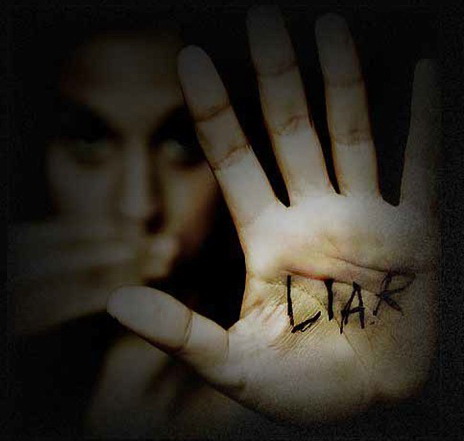








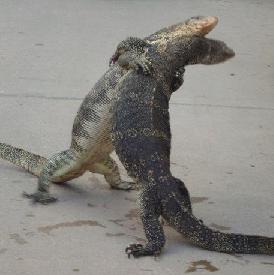

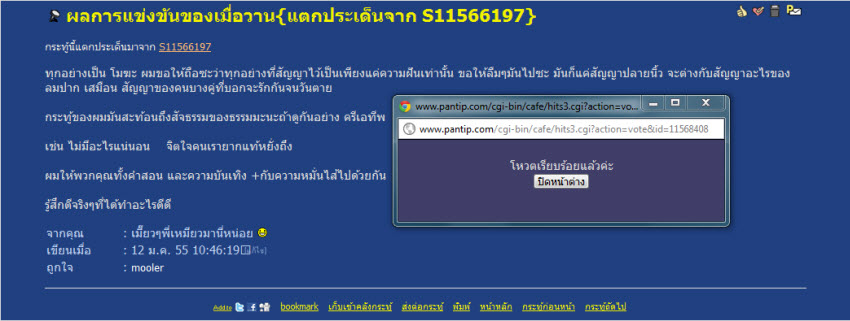
 ...ตกลงผมฝันอยู่ใช่ม่ะ
...ตกลงผมฝันอยู่ใช่ม่ะ


